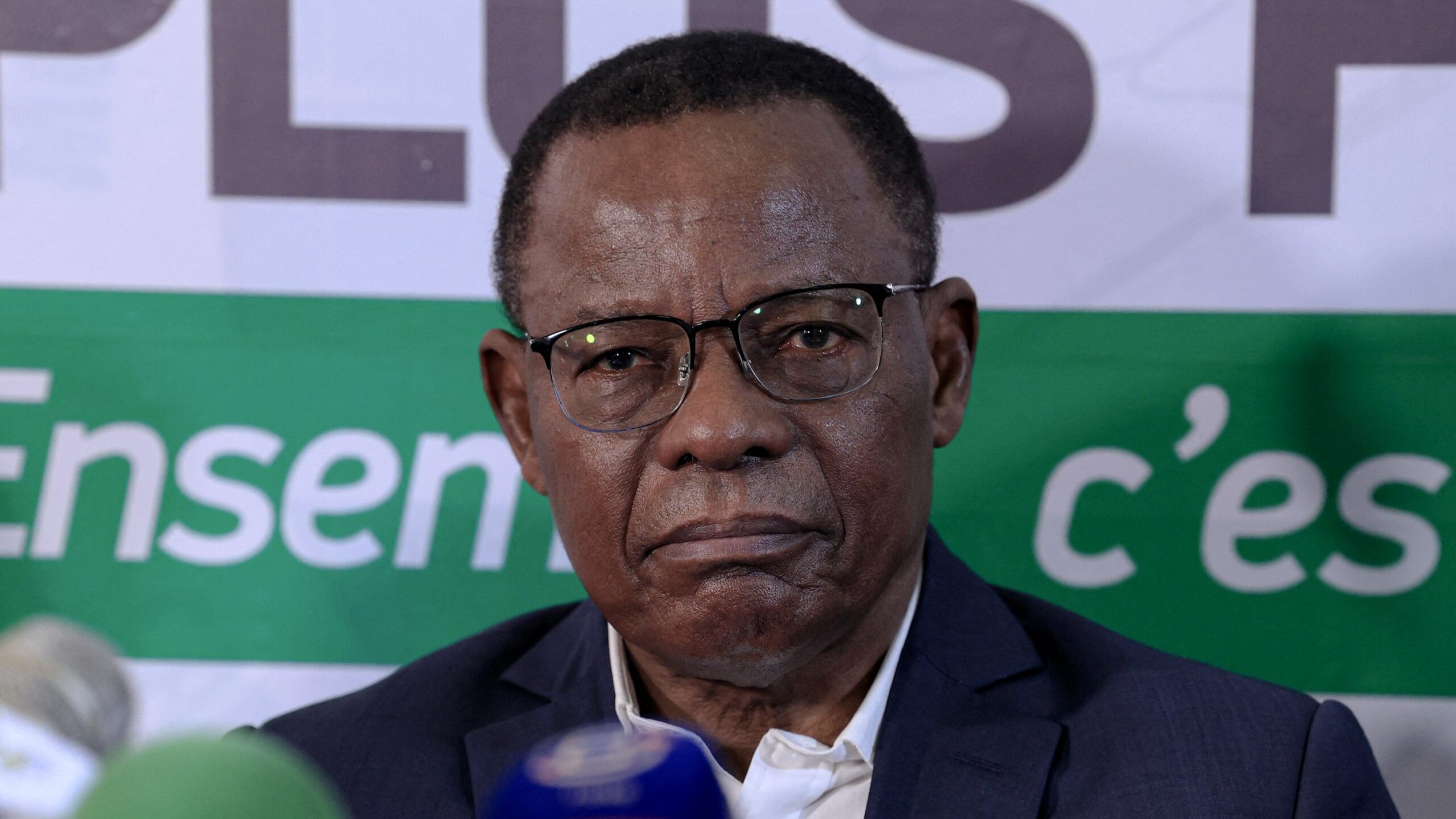
What was widely anticipated as a landmark moment in Cameroonian political broadcasting — a rare televised appearance by Professor Augustin Kontchou Koumegni — instead left many viewers disappointed, as technical glitches, editorial interference, and time changes marred the highly awaited episode of Actualité Hebdo aired Sunday on CRTV.
Originally scheduled for prime time at 6:30 p.m., the programme was inexplicably delayed, confusing many viewers who believed it had been cancelled altogether.
When it finally aired later in the evening, the broadcast appeared heavily edited, with noticeable cuts and interruptions throughout the interview.
Professor Kontchou, a former Minister of Communication and an academic respected for his deep understanding of Cameroon’s post-independence politics, appeared in a wheelchair but spoke with his characteristic composure.
Despite visible signs of frailty, he offered a calm and thoughtful account of his political journey, speaking in balanced tones on topics ranging from the CPDM’s internal dynamics to the 1994 performance of the Indomitable Lions and the evolution of education reforms.
Yet it was his remarks about Professor Maurice Kamto — founder and president of the opposition MRC party — that stirred the most intrigue. Several segments discussing Kamto were conspicuously trimmed, but some parts still made it to air.
“Professor Maurice Kamto… is practically my brother, by blood…
I discovered him at university… a brilliant student, whom I myself prepared for the competitive examination for the agrégation…” Kontchou shared in what many interpreted as a rare public show of solidarity.
In invoking both blood and culture, the former minister cast Kamto not merely as a former student or political actor, but as kin — a son of Baham, a brother in lineage and merit. He described guiding the young Kamto through his academic career, including personal mentorship sessions at his own library in Etoudi.
The relationship, as portrayed by Kontchou, fused intellectual recognition, cultural kinship, and emotional pride. His remarks framed Kamto’s success as both an individual achievement and a shared journey — one shaped by mentorship, tradition, and collective memory.
Observers online have since criticized the program’s handling, calling it a “missed date with history.” One viewer summarized the mood: “If Kontchou’s show had been well managed, we would have had a moment in history.”
Calls have mounted for CRTV to rebroadcast the full, unedited interview — not just as a courtesy to a revered public figure, but as an opportunity to properly archive a moment of intergenerational political testimony.
In the end, Professor Kontchou’s veiled but unmistakable homage to Maurice Kamto — through a tapestry of kinship, culture, and mentorship — resonated far beyond party lines. It was not a confrontation, but a quiet, profound declaration of recognition.



